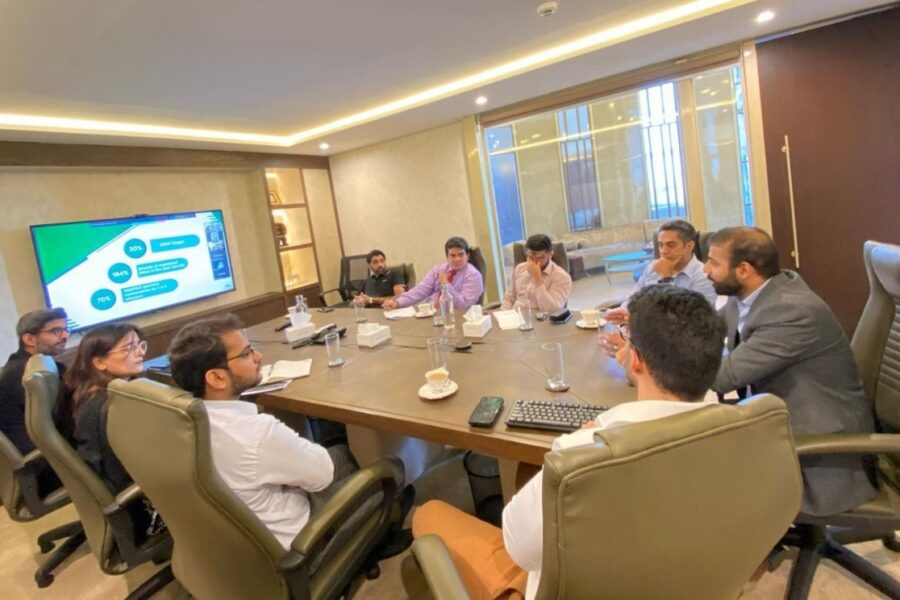COP28 UAE, Day 5
The ongoing panel discussion on carbon markets and SEED initiatives at COP brought together experts and stakeholders to delve into critical aspects of carbon trading, nature-based solutions, and the evolving landscape of Article 6 implications.
The session kicked off with a keynote address by Kashmala Khan from Transparency International, highlighting the collaborative efforts between the Government of Khyber Pakhtunkhwa (KP) and SEED on diverse projects, ranging from renewable energy ventures like solarization and hydro power to eco-tourism and reforestation. Emphasizing KP’s significance as a contender for carbon projects under the Paris Agreement, the focus shifted to projects funded by SEED, particularly those centered around nature-based solutions.
The discussion took a deeper turn with insights from Gold Standard, addressing the implications of Article 6 on Voluntary Carbon Markets (VCMs). The speaker pondered the shift in VCM dynamics and raised questions regarding market integrity. Two major forces were identified—intense scrutiny on the market and criticism from the media and civil society. Acknowledging past mistakes, the speaker emphasized that scrutiny is fair, as it propels improvement in carbon markets for those genuinely reflecting on the critique.
Highlighting that the carbon market isn’t just a source of free money, the speaker emphasized the need for accountability and the importance of addressing offset emissions.
Lyoni, Head of Source at Climate Partner, provided insights into the focus on nature-based solutions. Stressing maximum integrity, she outlined that transparent and measurable Key Performance Indicators (KPIs) are crucial for community-centered projects aligned with Sustainable Development Goals (SDGs).
Next, Milwani delved into the policy landscape for VCM and Article 6, addressing considerations for the private sector and governments. Clarity on how carbon credits will be made and regulated across borders was emphasized. The session highlighted the need for governments to consider the role of the private sector, taxation of credits, and clear regulations on their use for compliance obligations.
The Vice President of MG, emphasized the importance of clarity from governments on investment deployment, recommending adherence to international standards.
Concluding the session, Radoslav focused on lowering barriers to entry for small players, particularly farmers in KP, in the global landscape. Highlighting the challenge of credit creation for small-scale participants, he advocated for mechanisms to increase access without compromising quality standards.
The ongoing panel provides a comprehensive overview of the complexities and considerations within the evolving carbon markets and SEED initiatives, setting the stage for continued discussions and collaborations in the pursuit of sustainable and inclusive climate solutions.




Leave a Reply